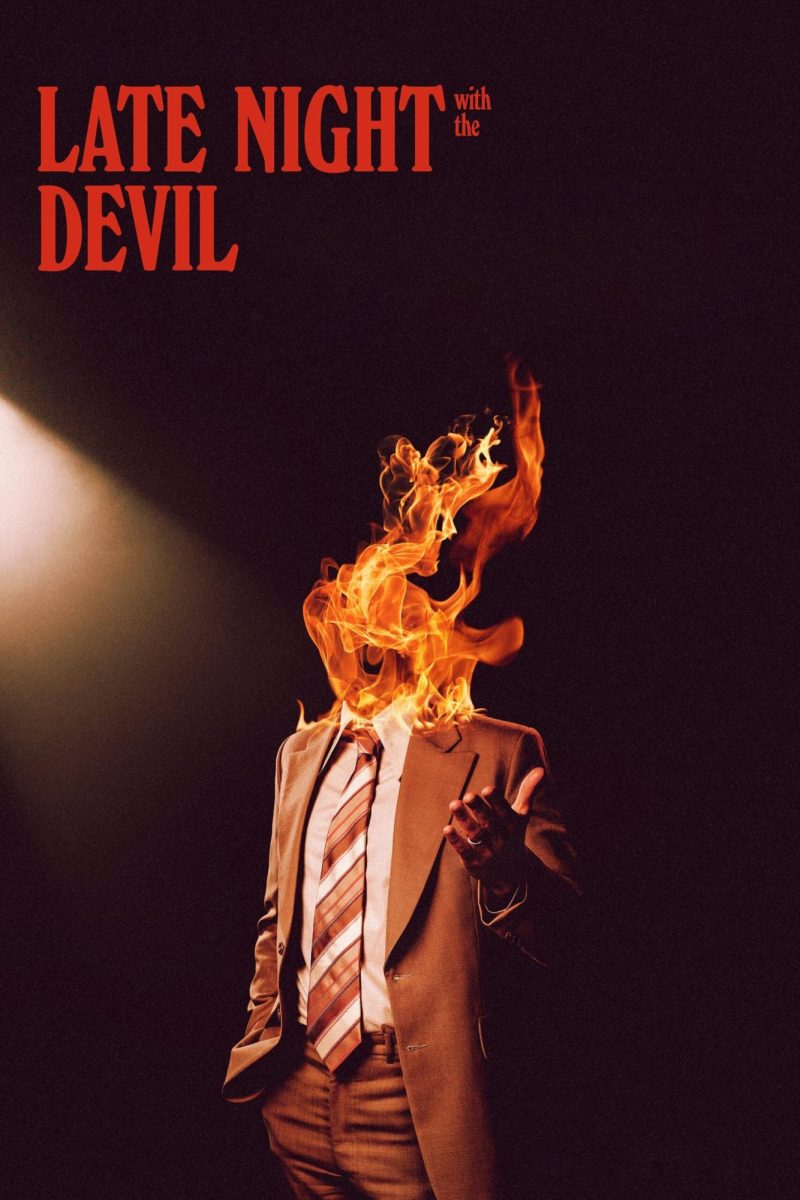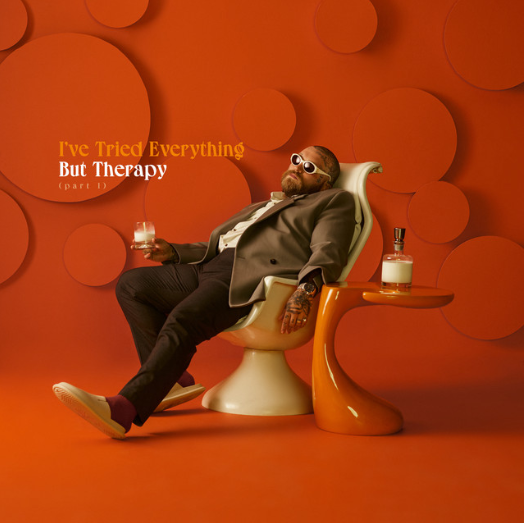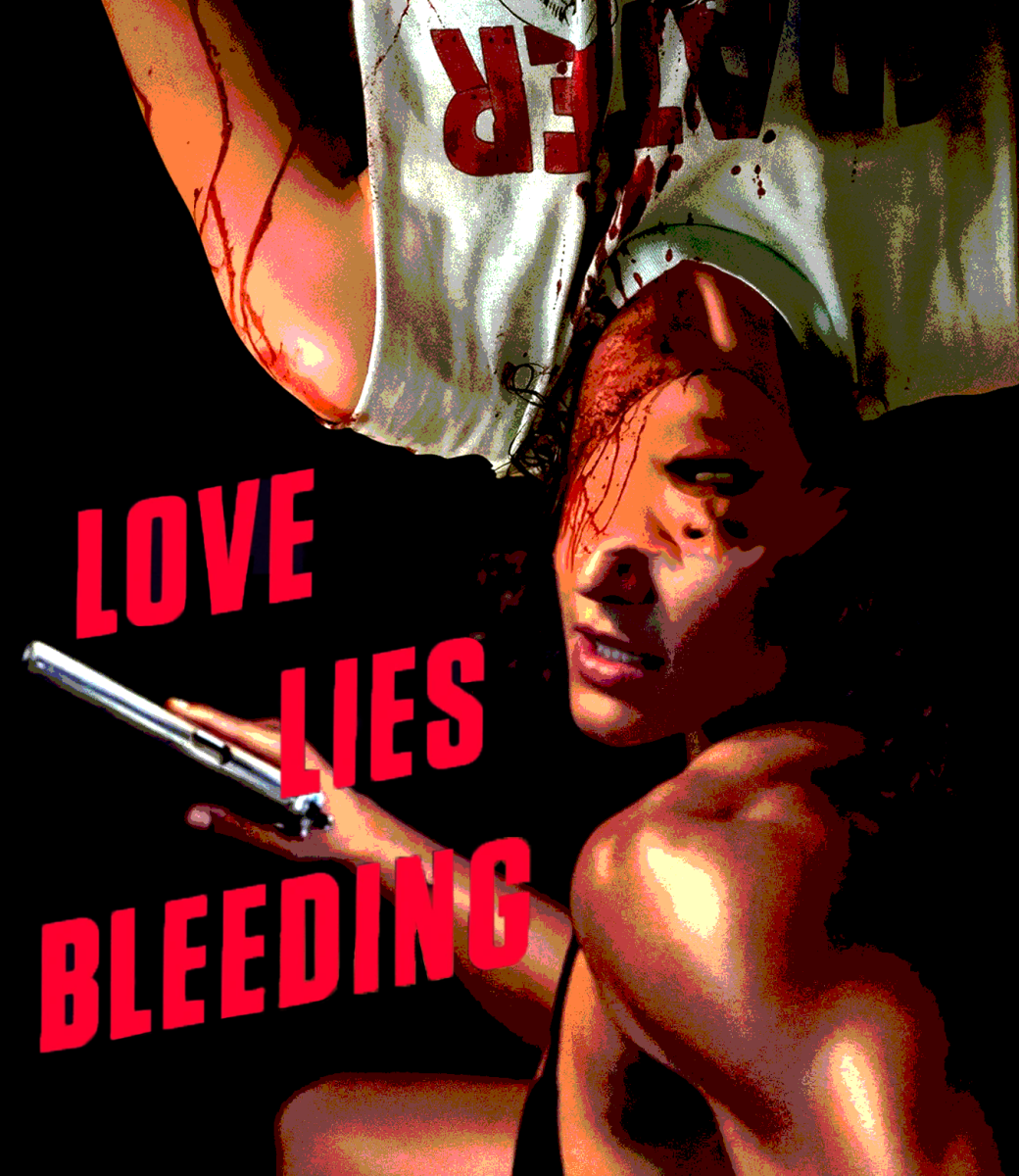Roman Polanski’s follow-up to the Oscar-winning The Pianist, proves to be an expressively Dickensian triumph in its most literary and coldly industrialist sense.
In its eighth film adaptation, the story of the 9-year old orphan battling the callous and bleak London of the Industrial Era in England in Dickens’ 1837 novel is familiar. This version is conveyed in more dark realistic detail and almost implausible accuracy to its time than any previous attempt.
Polanski and his Pianist cinematographer Pawel Edelman collaborated once again to recreate precisely and tastefully the heartrending tale of young Oliver Twist(Barney Clark) and his journey from place to morbid place in morally and inhospitably frigid London. The inevitably anticipated “Please sir, can I have some more?” line is uttered within the first five minutes of the film and serves as a precedent for the film’s adherence to the novel than a climax as has been interpreted in prior Oliver Twist screenplay variations.
From this defining moment, Polanski swims through the glum remainder of Oliver’s journey, from the concentration camp-esque rope factory to the home of a coffin-maker, to a typically Dickensian wealthy, yet compassionate benefactor.
The real story then begins when, due to a series of nearly impossible-to-watch heartbreaking events; Oliver unwillingly ends up at the residence of the generous, but horrific Fagin (Ben Kingsley), the Jewish pick-pocketing connoisseur of the London underground crime scene.
Kingsley is so deeply entrenched in his hunched and grotesque character that he is nothing short of unrecognizable; he executes his performance as the partially insane Fagin in such a convincing style that his is the most memorable role in the whole film.
A close second best performance is that of Jamie Foreman as Bill Sykes, malicious and dangerous partner in crime to Fagin. With his aggressive outbursts and one-track mind, Foreman is completely frightening and captures Dickens’ intentions as Oliver’s strongest opposing force.
The role of Oliver is similarly well cast; Clark’s small stature and feeble appearance illuminate the ultimate theme of meager and honest resolve transcending the shrewd and cutthroat ways of the streets of London.
The scenery and general set construction, keeping to Polanski’s theme for the entire film, also stay true to the novel in its physical description of the everyday markets and streets that the dregs of the British Victorian society spent their lives traversing.
In adapting Dickens’ works, which are filled with descriptions, the difficulty lies in deciding which of the details to highlight. Polanski is especially tactful in these decisions and it is blatantly apparent in the refined and epic final product.
The set design and creates an atmosphere of virtually hopeless dreariness that epitomizes Dickens’ social commentary in the novel; accomplishing this feat, is, in itself, a cinematic success for Polanski where other direction attempts have failed. The film may be criticized for being so heavy in its minutia, but this big-screen rendition may very well be the closest to the original big-screen rendition produced to date.
The beauty of this cinematic achievement lies in the establishment of dismal and dark circumstances possessing but a few small cracks that allow the mere insinuation of hope to seep through. The portrayal of these rays of light against such darkness exemplifies the fate of little Oliver Twist and truly illustrates this classic piece of literature in a way as timeless as the novel itself.






